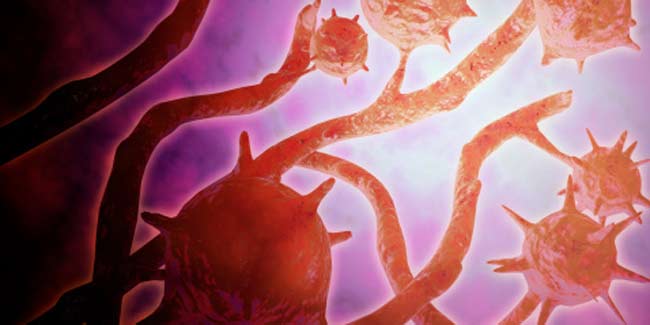
What is Histoplasmosis?
An infection caused by breathing in spores of a fungus that can be found in bird and bat droppings is known as histoplasmosis. The infection is most commonly transmitted when these spores get airborne which usually happens during cleanup or demolition projects.
The infection can also be transmitted through soil that has been contaminated by bird or bat dropping. This puts the farmers and landscapers at a higher risk of the disease.
In most cases the symptoms of histoplasmosis do not develop and the patients are not aware that have been infected. However, in some patients especially in infants and those with a weak immune system histoplasmosis can take a serious shape.
Table of Content:-

What are the Symptoms of Histoplasmosis?
There are several types histoplasmosis that exist. The mildest form of histoplasmosis shows no signs or symptoms but, in cases where the infection gets severe it can pose a threat to the life of patient. When signs and symptoms of histoplasmosis occur, they show up in three to 17 days after exposure and include the following:
- Fever
- Chills
- Headache
- Muscle aches
- Dry cough
- Chest discomfort
In some cases, the infection can also induce joint pain and rash.

Diagnosis of Histoplasmosis
Diagnosing histoplasmosis can be a complicated process and depending on the part of the body affected. While testing of histoplasmosis is not usually needed for mild cases but, it can be very important to go for an appropriate treatment in cases which have a severe type.
Each type of lab test for histoplasmosis has its limitations. A combination of approach may be suggested by the doctor to search for evidence of the disease in sample of:
- Lung secretions
- Blood or urine
- Biopsied lung tissue
- Bone marrow
Image courtesy: Getty Images
Read more on Histoplasmosis Diagnosis.
How we keep this article up to date:
We work with experts and keep a close eye on the latest in health and wellness. Whenever there is a new research or helpful information, we update our articles with accurate and useful advice.
Current Version